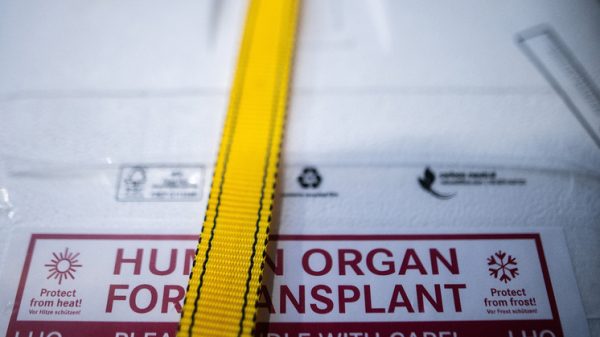
MOSCOW, March 18. Biodegradable films that increase the shelf life of products, indicate loss of freshness and signal the beginning of rotting processes, were created by scientists from South Ural State University (SUSU). According to the authors of the development, their products can replace plastic cling film. The results of the study were published in the highly rated scientific journal Sustainability.
As scientists from the Department of Food and Biotechnology at SUSU explained, protein hydrolyzate, which was obtained using technology developed at the university, was used as an active component in the production of food films. In their opinion, it is this additive that makes the development unique.
“
“Protein hydrolyzate is a product of the breakdown of complex protein into simpler components under the action of microbial enzymes. Simply put, we have "split" proteins from poultry by-products and curd whey with the addition of probiotics that are beneficial for digestion. It has been proven that when combining such types of protein raw materials as poultry by-products and curd whey, unique bioactive components are formed during hydrolysis,” said Oksana Zinina, associate professor of the department.
According to her, the hydrolyzate obtained in this way contains active peptides that have antimicrobial and antioxidant effects, and the addition of hydrolysates to the films gives them additional strength, plasticity and elasticity. Thanks to these properties, they can increase the shelf life of a product packaged in film by several days, the authors of the development noted.
«Modern research methods — liquid chromatography with mass spectrometry, as well as peptidomics and bioinformatics confirmed the presence of active peptides in the protein hydrolysate,” noted Zinina.
The researchers developed films of three different compositions: they used sodium alginate, agar-agar and pectin as structure formers, the common plasticizer component in all films was glycerin, and protein hydrolyzate was used as the active component.
1 of 5

2 of 5

3 out of 5

4 out of 5

5 out of 5
1 of 5
2 of 5
3 out of 5
4 out of 5
5 out of 5
The authors conducted an experimental study of the created film on sweet cherries and cherry tomatoes. The results showed that fruits covered with the developed film showed less shrinkage and retained their freshness longer.
According to Zinina, all film options demonstrated the same properties to varying degrees, which allows you to choose the right packaging for any food product, taking into account its specifics (the degree of moisture of the product, its texture, spoilage characteristics).
An important property of the new bioactive cling film is that it is completely biodegradable due to its natural composition. Under the influence of moisture, natural soil microflora and its chemical components, the decomposition of the film accelerates. In just two weeks, the source material will decompose to vermicompost.
The research team also created a food-grade biosensor film with honeysuckle juice as the active ingredient. Honeysuckle juice contains a large amount of anthocyanins — plant pigments that change their color under different environmental conditions.
For example, if meat is packaged in red film, then during storage you can monitor the degree of its freshness by changing the color of the film (if the product spoils, purple or gray spots will appear on the coating) even before its appearance changes. A change in the color of the film signals to the buyer that the packaged meat has begun to deteriorate.
At the next stage of the experiment, scientists plan to study the degree of inhibition of the growth of microorganisms and oxidative processes when storing food products of various compositions (bakery products, meat products) in bioactive films.
The development of SUSU scientists, according to them, is aimed, among other things, at solving environmental problems associated with the use of synthetic materials for food packaging.
As Zinina noted, a plastic bag takes about twenty years to decompose. Replacing polyethylene with films based on protein hydrolyzate will significantly reduce the harm caused by synthetic packaging to the environment.
The work is carried out with financial support from the Russian Science Foundation.





















































Свежие комментарии